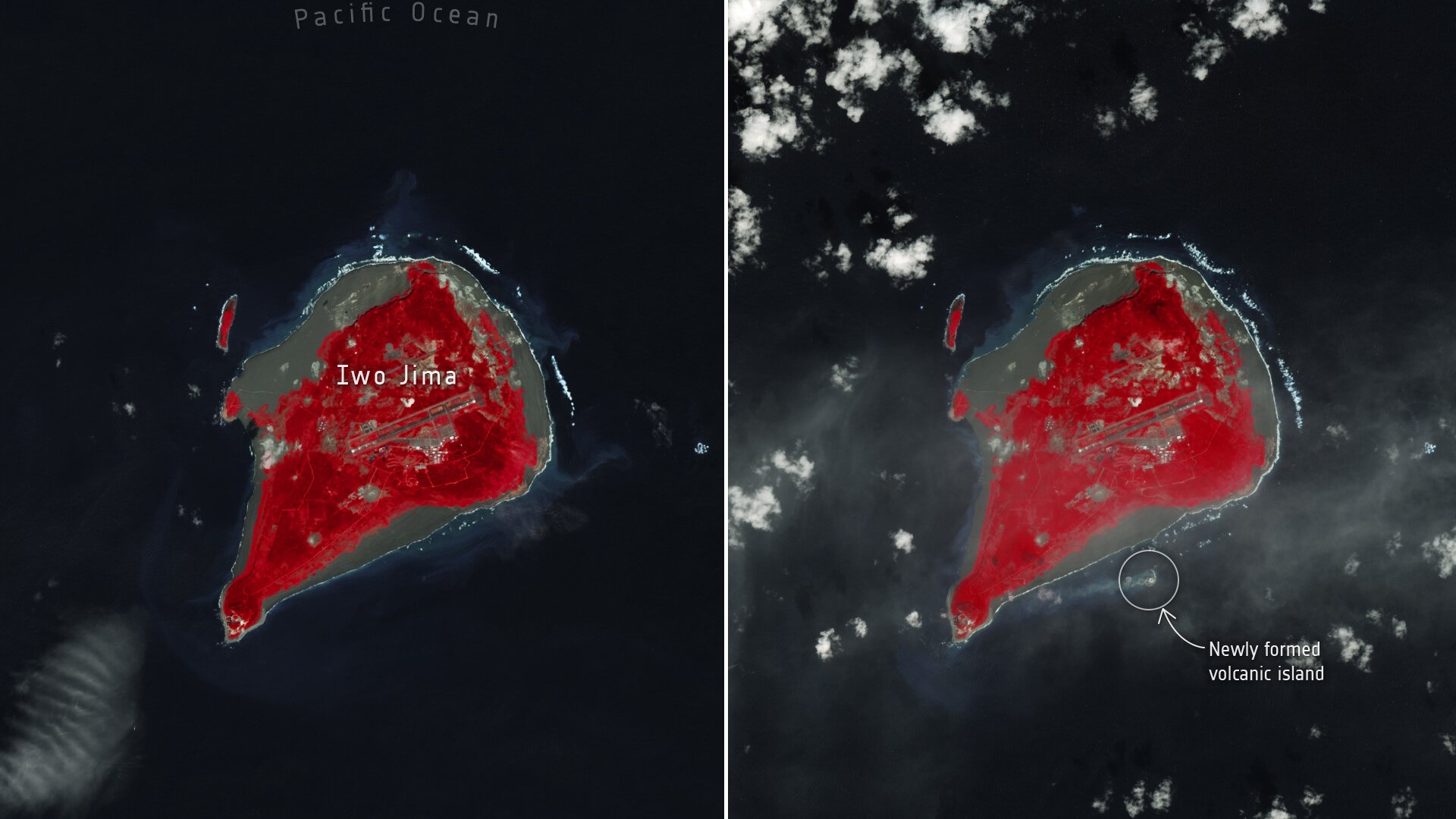European Space Agency
Latest about European Space Agency
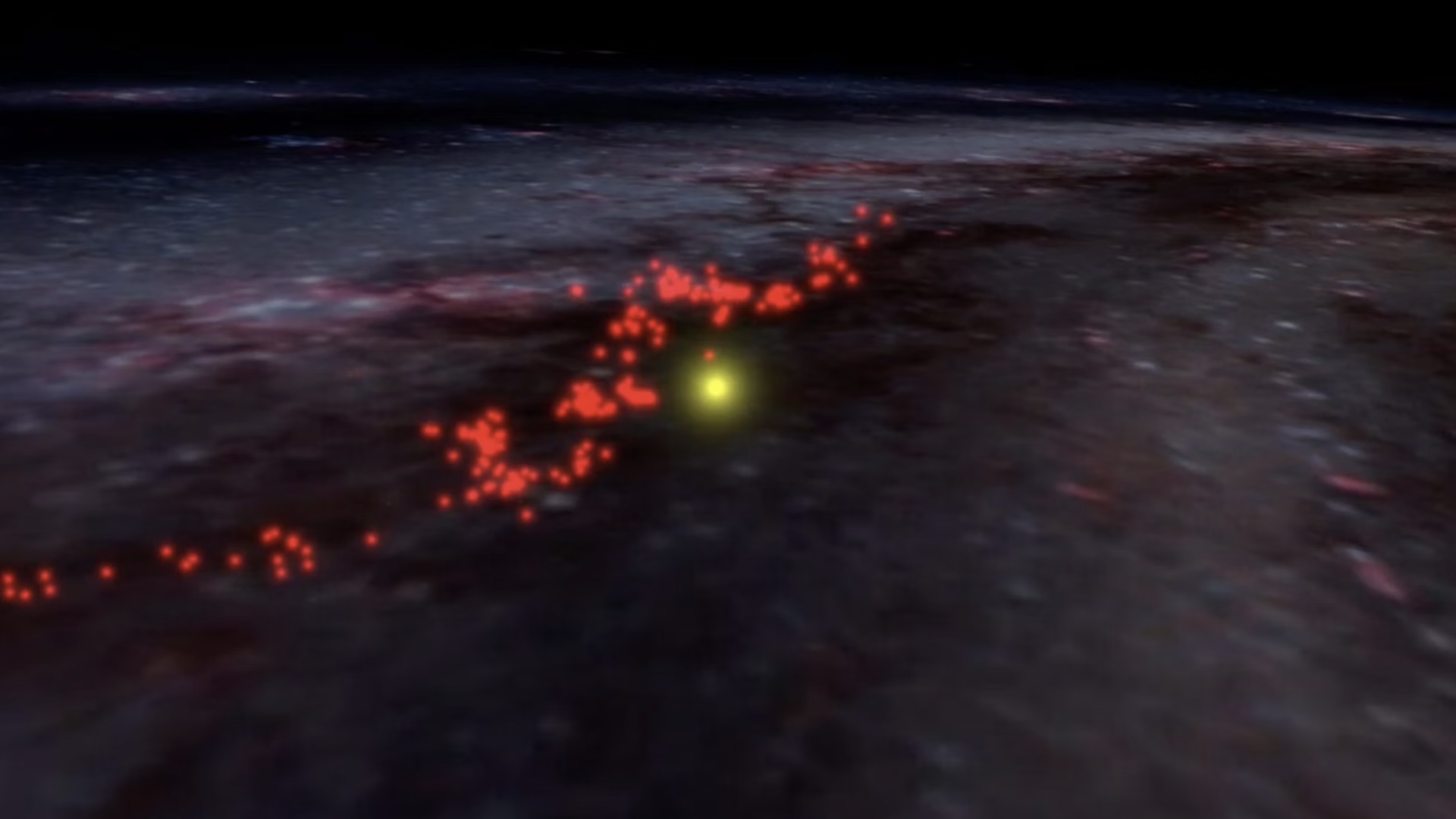
A giant extraterrestrial 'wave' hit Earth 14 million years ago — and may have dramatically altered our planet's climate
By Sharmila Kuthunur published
Our solar system's journey around the center of the Milky Way takes it through varying galactic environments, and one may have had a lasting impact on Earth's climate, according to a new study.
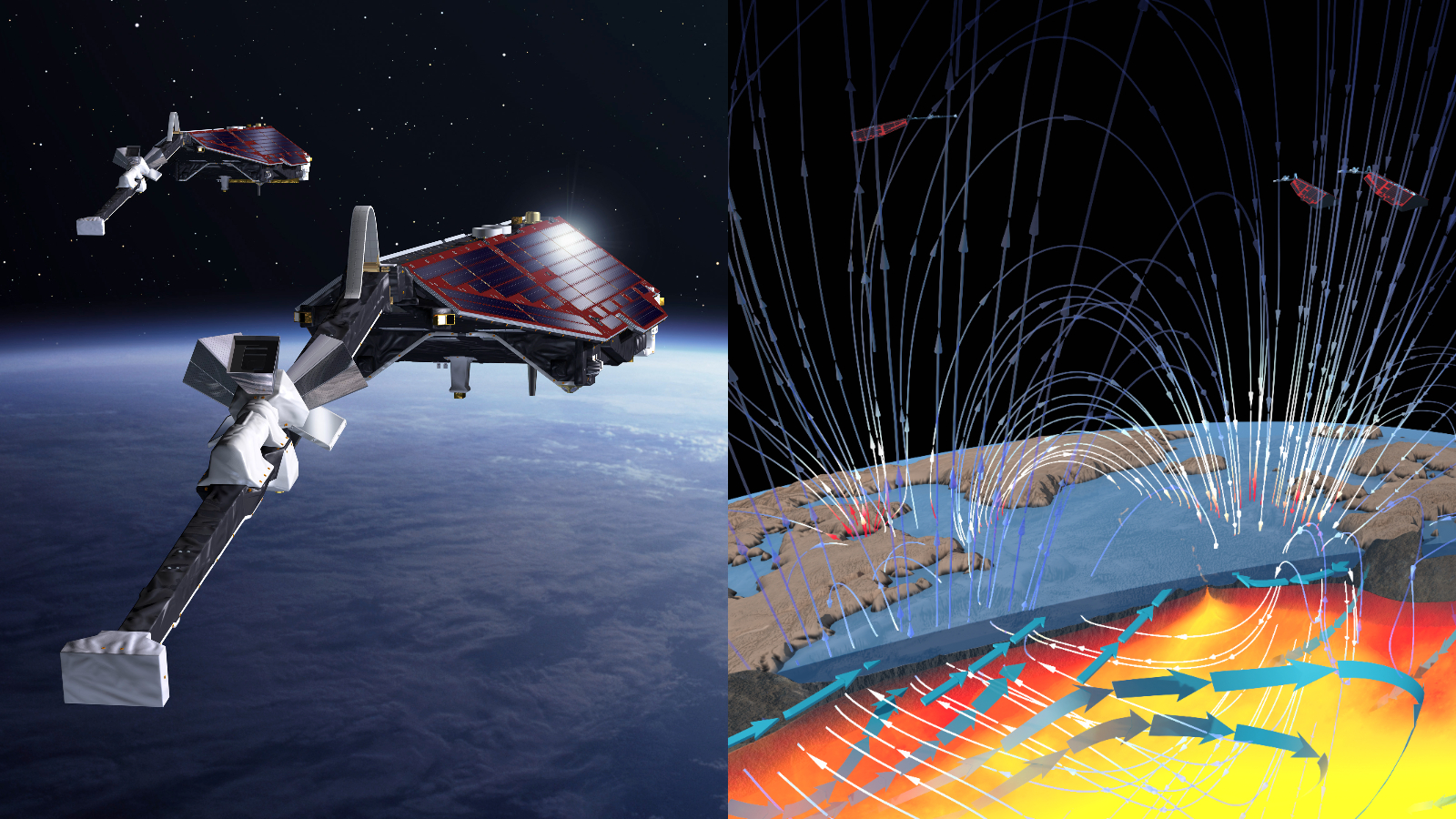
Magnetic signals from Earth's tides revealed in unprecedented detail
By Sascha Pare published
Scientists have captured faint magnetic signatures resulting from the tidal movement of seawater across the planet — and they might have to wait until 2030 to get another shot at it.
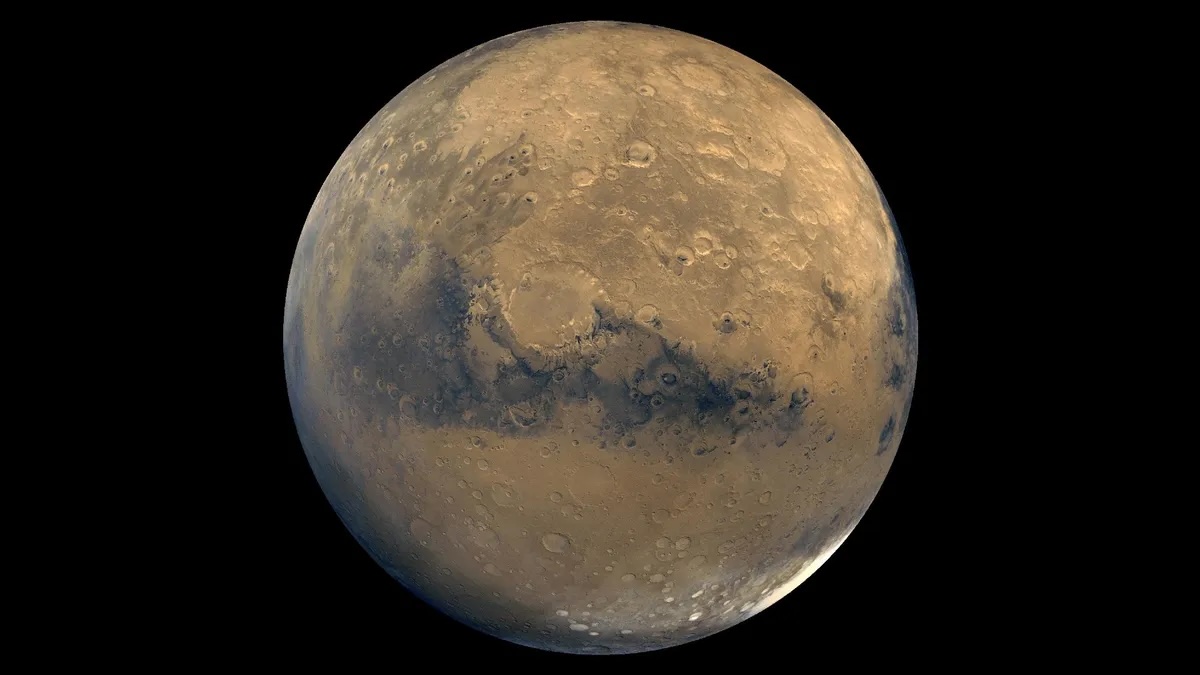
China aims to be 1st to bring samples back from Mars
By Stephanie Pappas published
China's planned mission to bring rock samples to Earth from Mars would beat both NASA and the European Space Agency to the punch.
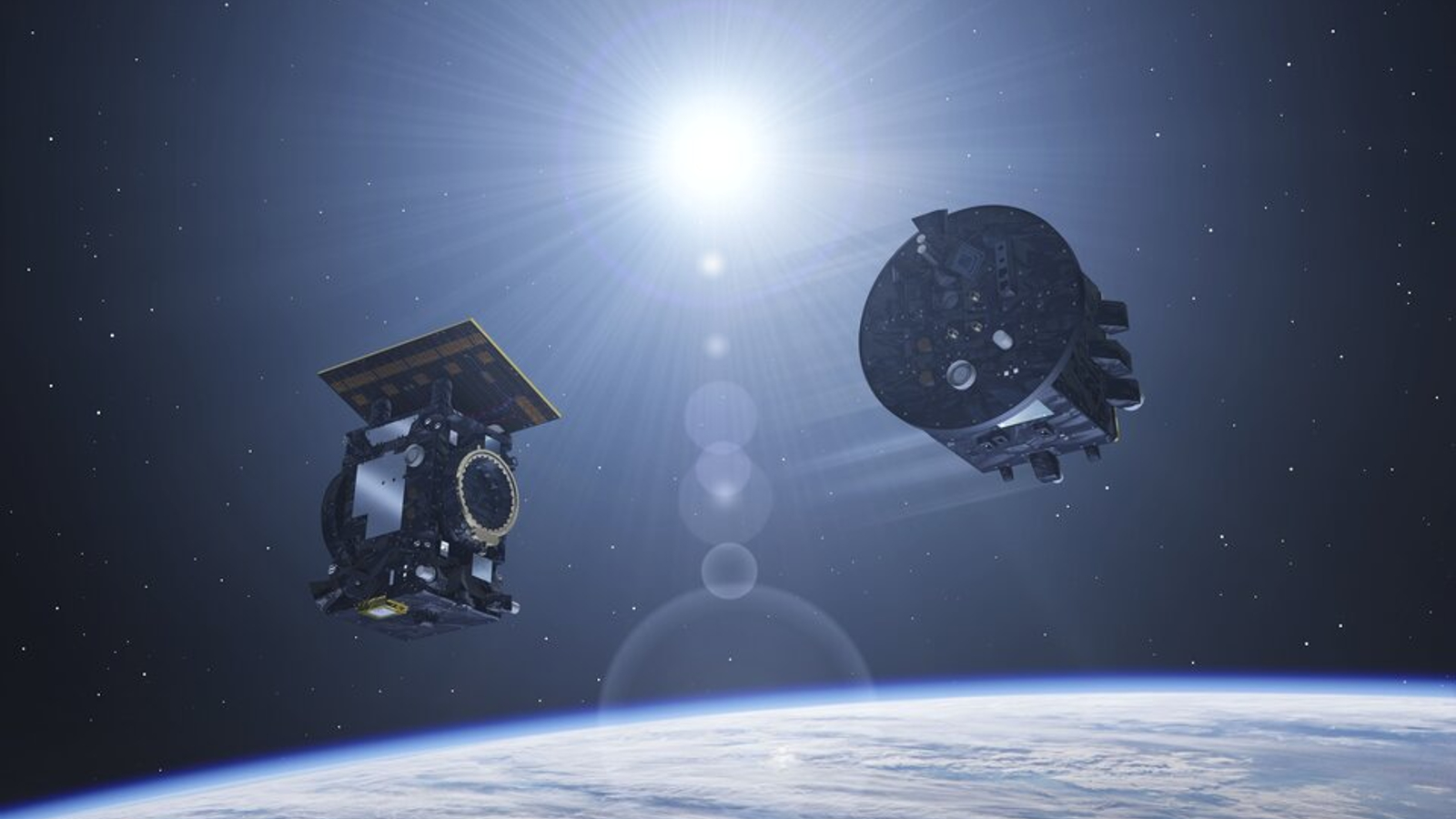
Europe launches twin spacecraft to make daily solar eclipses in space. Here's what to know about Proba-3.
By Harry Baker last updated
On Dec. 5, 2024 the European Space Agency's Proba-3 mission sent two spacecraft into orbit around Earth. By aligning the probes, researchers will create 6-hour-long mini eclipses, allowing the sun's atmosphere to be studied like never before.

Here's what the 2024 Summer Olympics in Paris look like from space (photos)
By Samantha Mathewson published
The European Space Agency shared a high-resolution interactive image of central Paris highlighting several notable venues where the 2024 Summer Olympic games are being held from July 26 through Aug. 11, 2024.
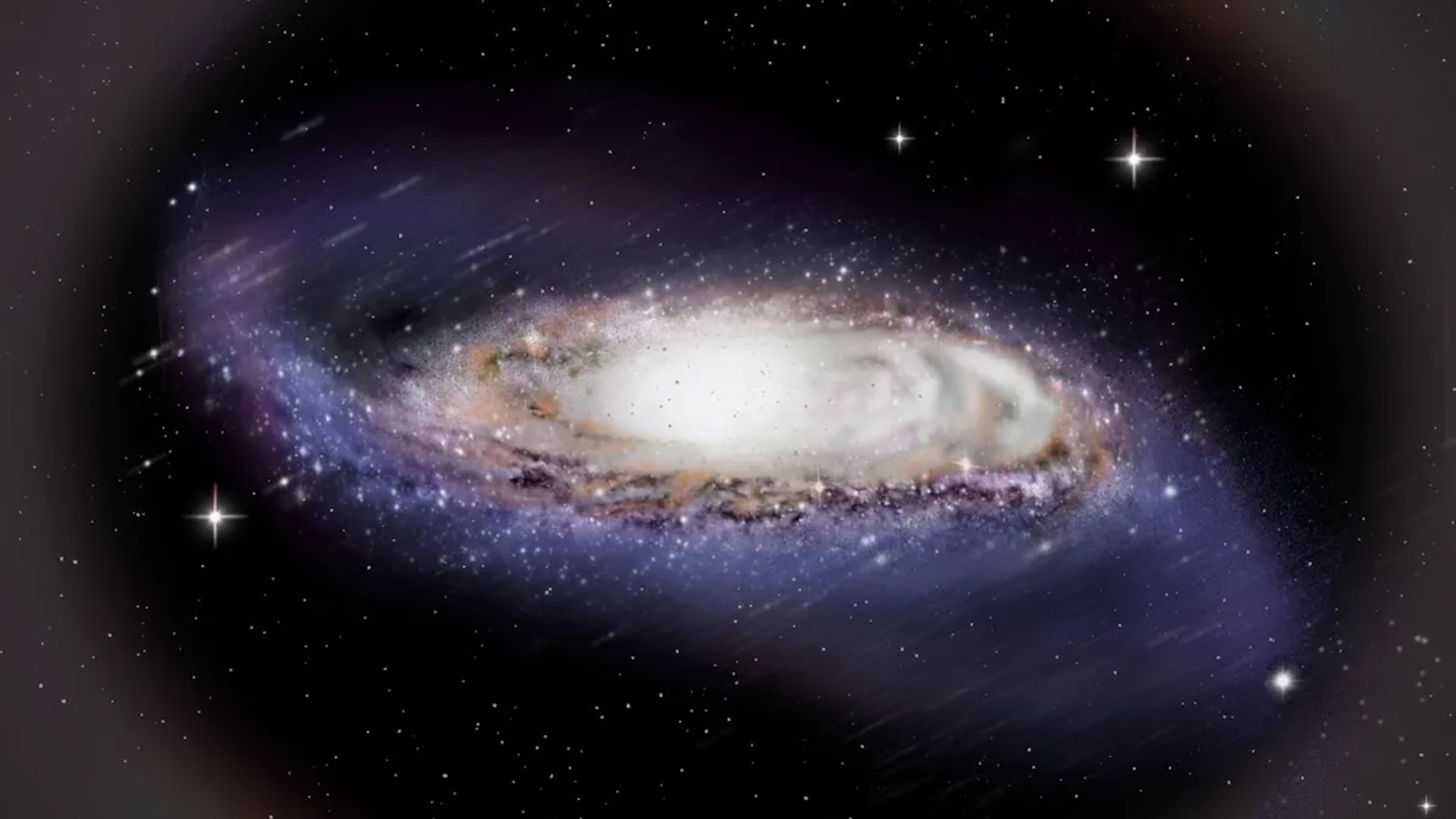
Astronomers measure 'warp speed' of Milky Way galaxy
By Keith Cooper published
The Milky Way is warped, possibly as the result of a collision with another galaxy billions of years ago. Studying this warp could reveal more about the structure of our galaxy's hidden matter.
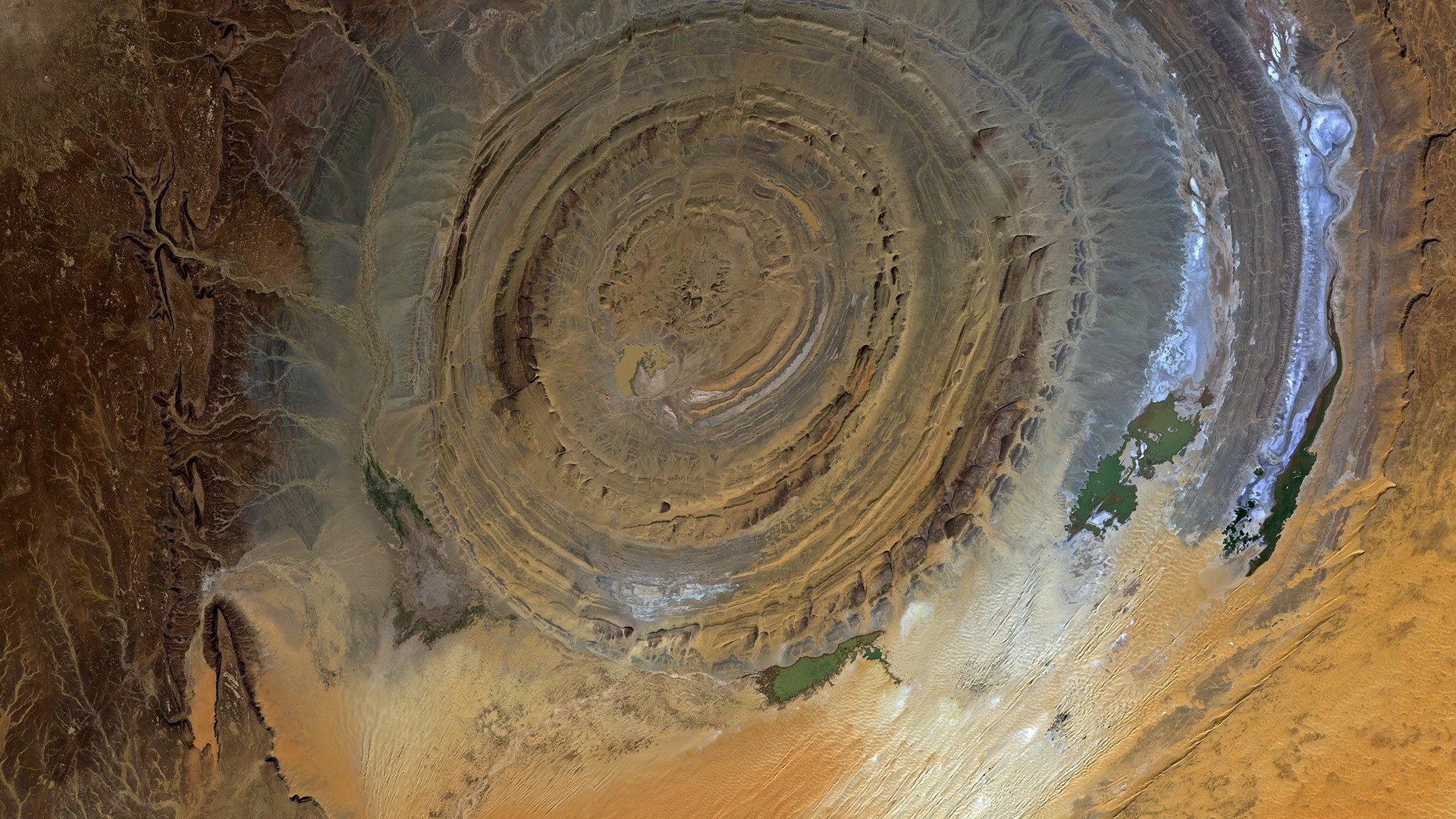
Eye of the Sahara: Mauritania's giant rock dome that towers over the desert
By Sascha Pare published
The Eye of the Sahara, also known as the Richat structure, stands out like an oversized ammonite among the sand dunes of the Sahara desert in Mauritania.
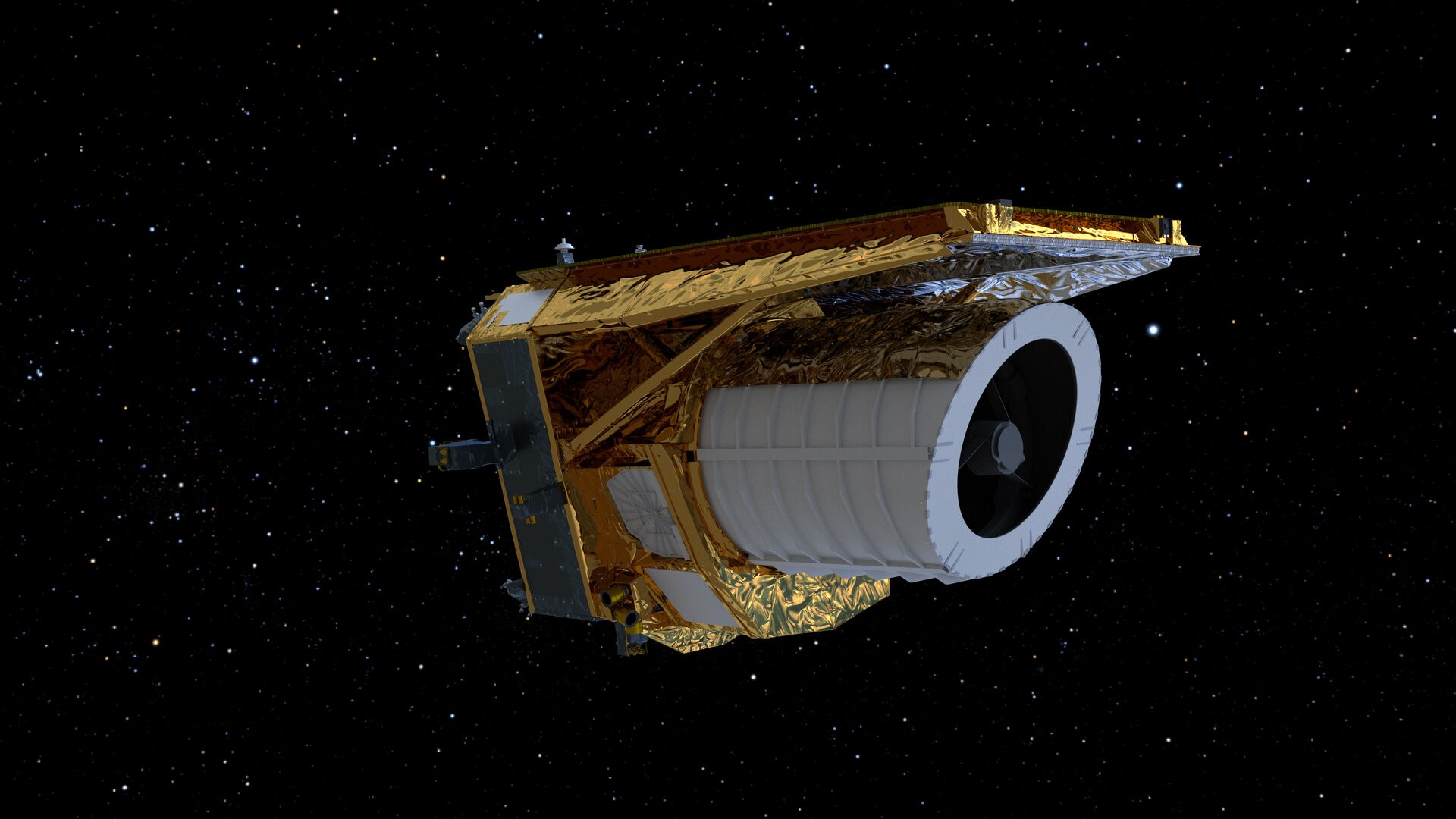
Euclid space telescope: ESA's groundbreaking mission to study dark matter and dark energy
By Ben Turner last updated
The Euclid space telescope uses its incredibly wide field of view to hunt for two of the universe's most mysterious components: dark matter and dark energy. The six-year mission could change cosmology forever.
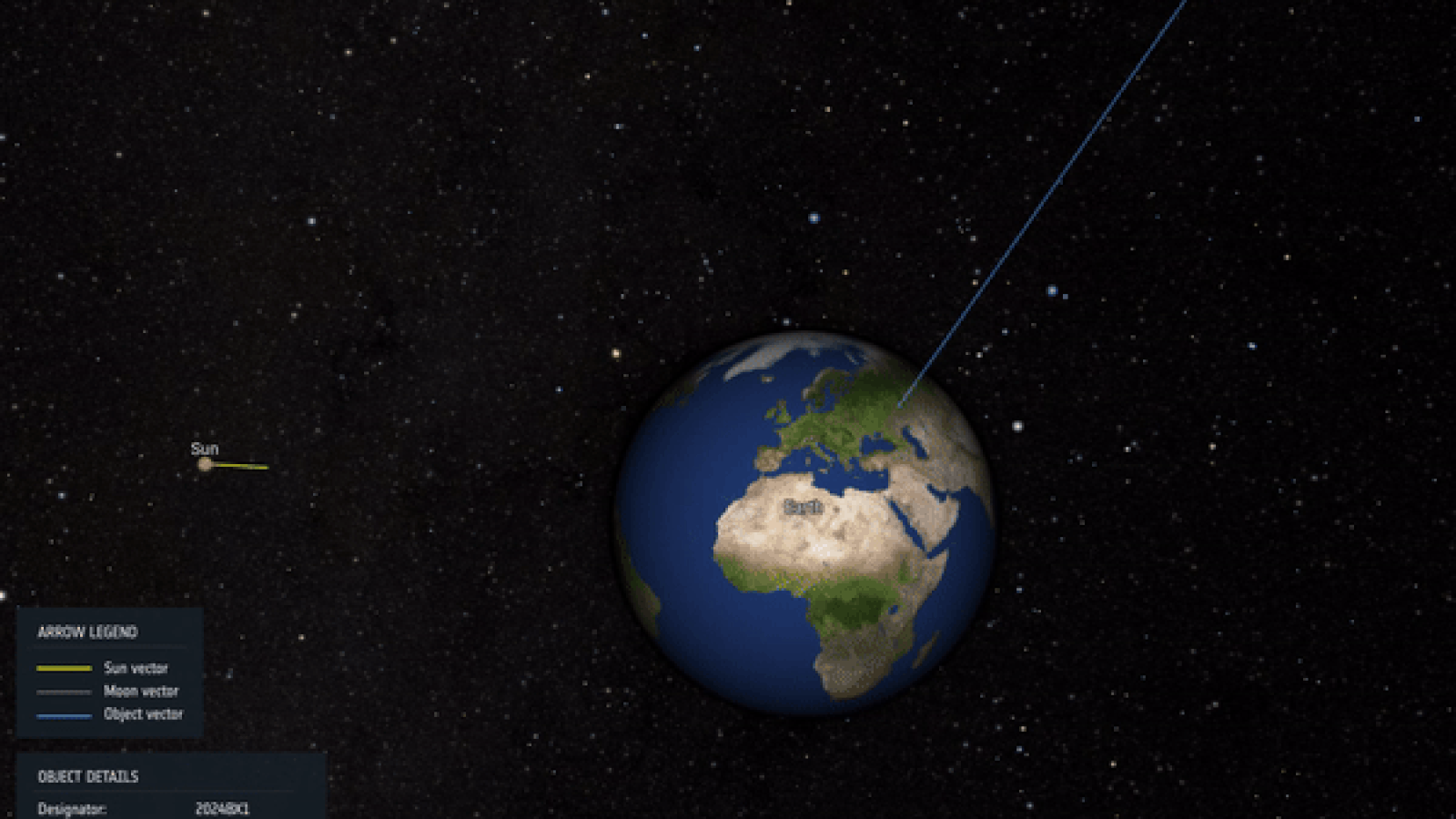
Asteroid that exploded over Berlin was fastest-spinning space rock ever recorded
By Sascha Pare published
Scientists have calculated the rotational speed of asteroid 2024 BX1, which exploded over Berlin earlier this year, by letting it trail in images of the sky. It turns out, 2024 BX1 was spinning faster than any other near-Earth object ever seen.
Sign up for the Live Science daily newsletter now
Get the world’s most fascinating discoveries delivered straight to your inbox.
